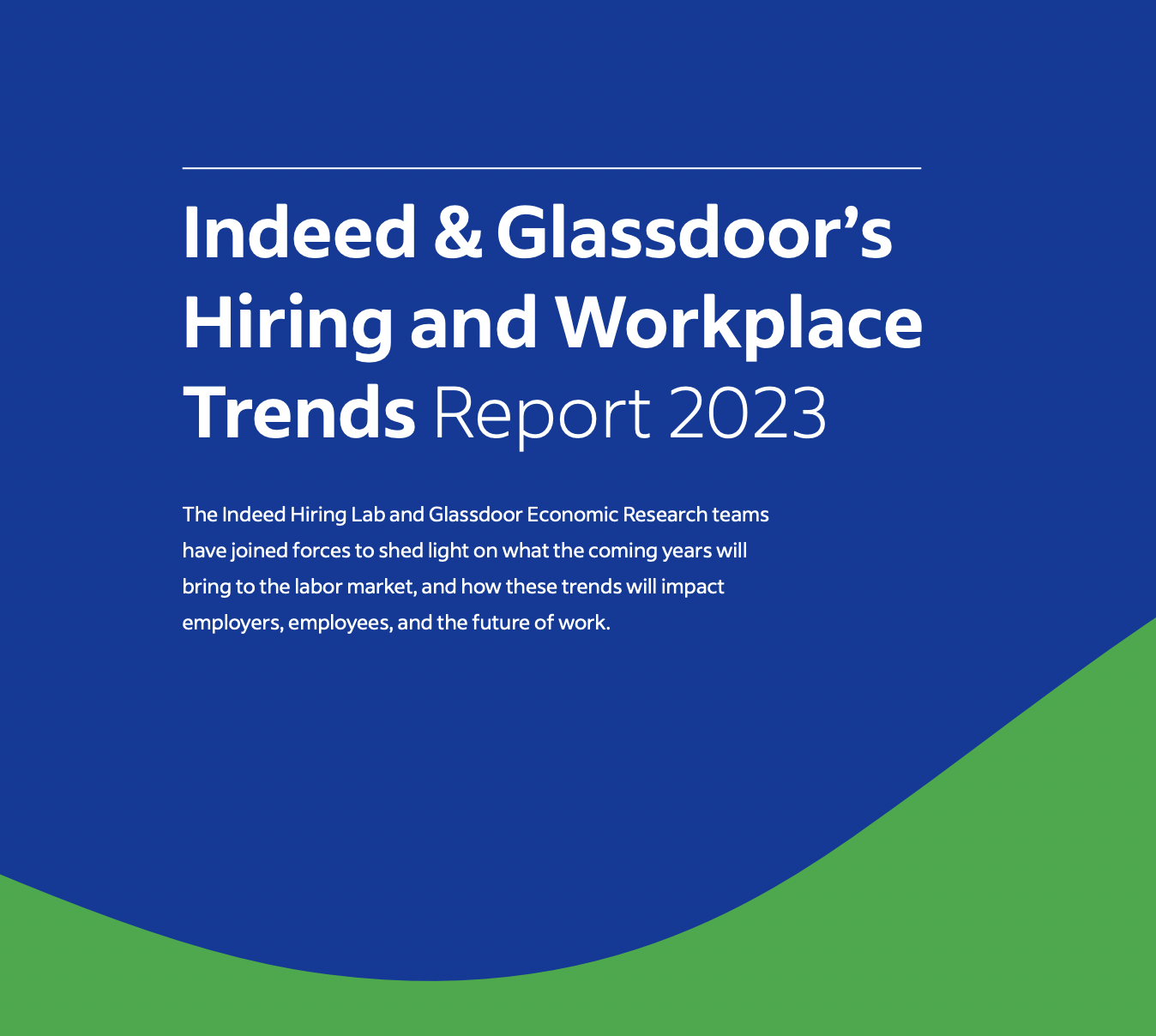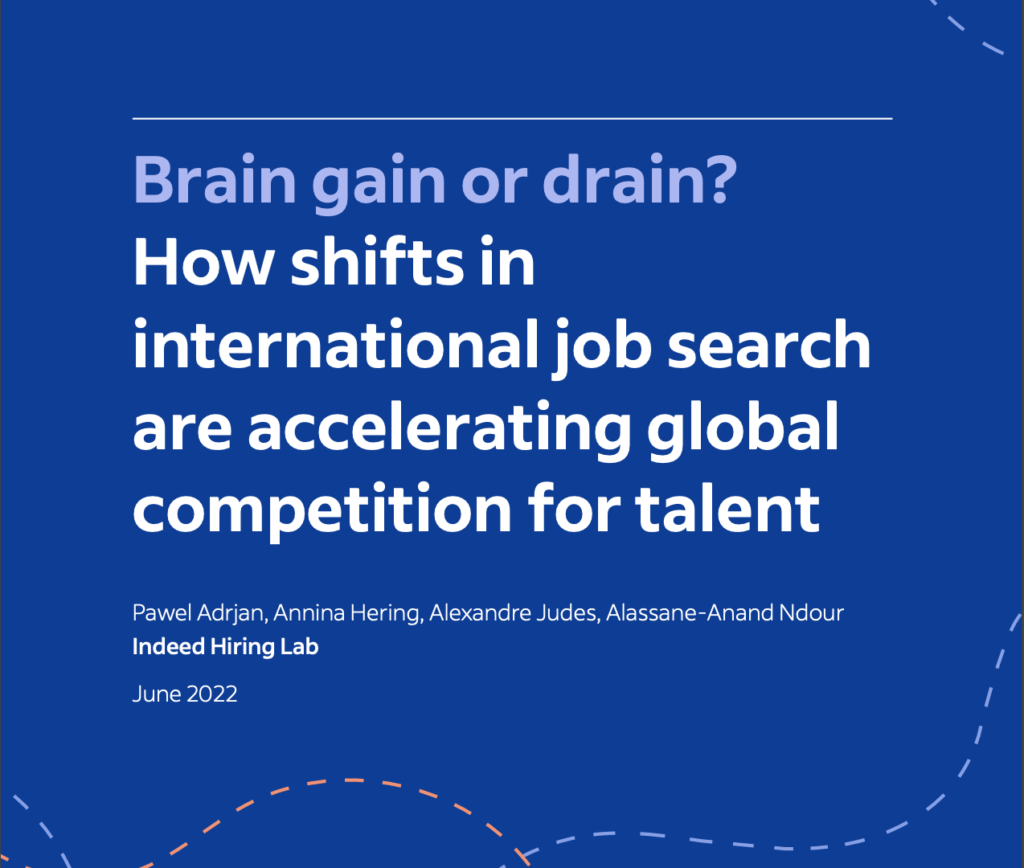The UK labour market has been forever reshaped by the COVID pandemic. While a bleak economic outlook, cost of living crisis, and political turmoil have been rightfully grabbing the headlines, fundamental changes have continued to take place in the world of work—things aren’t going back to the way they were before.
The Indeed Hiring Lab and Glassdoor’s Economic Research team collaborated to produce a data-driven, first-ever joint labour market report, identifying the key trends which will shape the UK and global labour markets for the long-term.
Hiring Challenges Set to Persist
Despite a bleak outlook for the UK economy, hiring conditions will remain challenging in 2023 and beyond. Though recession risks are looming large and elevated vacancy rates won’t last forever as the post-pandemic hiring boom fades, labour supply remains constrained. The UK continues to experience a large and widening post-pandemic participation gap amid rising rates of long-term sickness. Looking toward tomorrow, an aging population means the size of the UK workforce will shrink in the absence of substantial immigration.
Remote Work Is Here to Stay
The pandemic-enforced shift to widespread remote working will be a permanent feature of the labour market. Though many jobs can’t be done remotely and some employers are focused on return-to-office, workers are keen as ever on a more flexible approach. Searches for remote work on Indeed have continued to hit new highs even as the pandemic’s impact fades, underlining the lasting shift in jobseeker preferences. For employers, remote work has widened the pool of available labour and opportunity is now more geographically dispersed.
Pay Is Top of Mind for Jobseekers, But Other Job Features Matter Too
Compensation is the key consideration for job seekers right now, understandably so in a cost-of-living crisis. But other aspects of jobs matter, too. Flexible work arrangements rank highly. For jobs where remote work isn’t feasible, that generally means flexibility around hours and shift patterns. Flexibility is particularly important for people who face barriers to work such as caring responsibilities, while it’s also a key consideration for older workers who are considering re-entering the labour force. Benefits are also a key tool, with many employers having shifted the focus of their offerings in line with the times (fewer gyms and free food; more wellbeing support and financial advice).
Company Culture Is Vital
The labour market’s remarkable rebound from the pandemic has led to significant hiring challenges, and these are likely to persist in the long-term in many sectors. For employers looking to attract and retain employees, company culture is crucial. Even though the economy is heading into choppy waters and the balance of power may swing back towards employers somewhat, no organisation can afford to ignore the importance of culture in distinguishing themselves from the competition and making employees want to stay.
Diversity and Inclusion Will Remain at the Forefront
Diversity and Inclusion (D&I) will remain a key focus for employers, as workers (particularly the younger generation) continue to care deeply about these initiatives. What’s more, in a tight labour market, the ability to attract people from diverse or disadvantaged groups, and provide the platform for them to thrive at work, is critical for employers.
Download the full report here.



